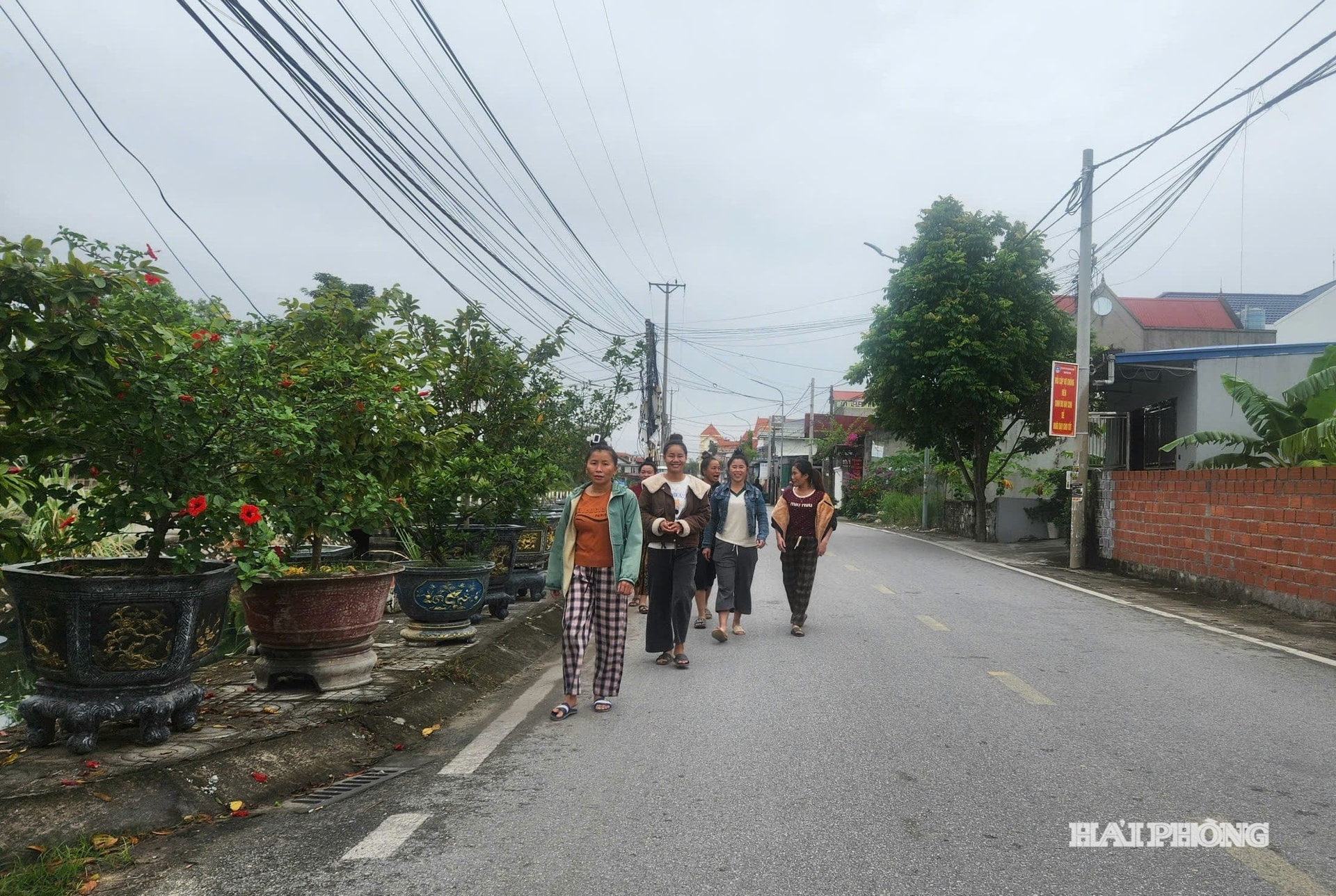
Leaving the village to go to the city to find work
Lo Thi Duyen's house is in Ngo village, Xin Man commune ( Tuyen Quang province), surrounded by rocks and distant fields. Ms. Duyen followed her husband to Hai Phong city for more than two years. Her husband works as a construction worker for a project in Thuy Nguyen ward, and she takes a job washing dishes and cleaning at a restaurant on Mang Nuoc street. "There are many people in the family, farming is not enough to eat, so my husband and I followed people in the same village to leave the mountains and go to the lowlands to work. We chose Hai Phong city because there is a lot of work here. I left both children with my grandmother to take care of. I miss them very much but there is no other way," Ms. Duyen said.
In many communes of the highland provinces such as Tuyen Quang, Lao Cai , Thai Nguyen..., the trend of leaving the village to go to the city to find work has been going on for many years, in which many women accept to leave their children to follow their husbands to the lowlands to work. While male workers from ethnic minorities often work as construction workers or mechanics, women from the mountains who go to the city often choose jobs that require less skill, such as: waiters, construction workers, restaurant servers, restaurant cleaners or construction workers when needed. Many women also get jobs at enterprises in the city's industrial zones.
The income of female workers when they return to Hai Phong city to work usually ranges from 8 to 10 million VND/month. Although less than that of men, it is many times higher than that of farming.
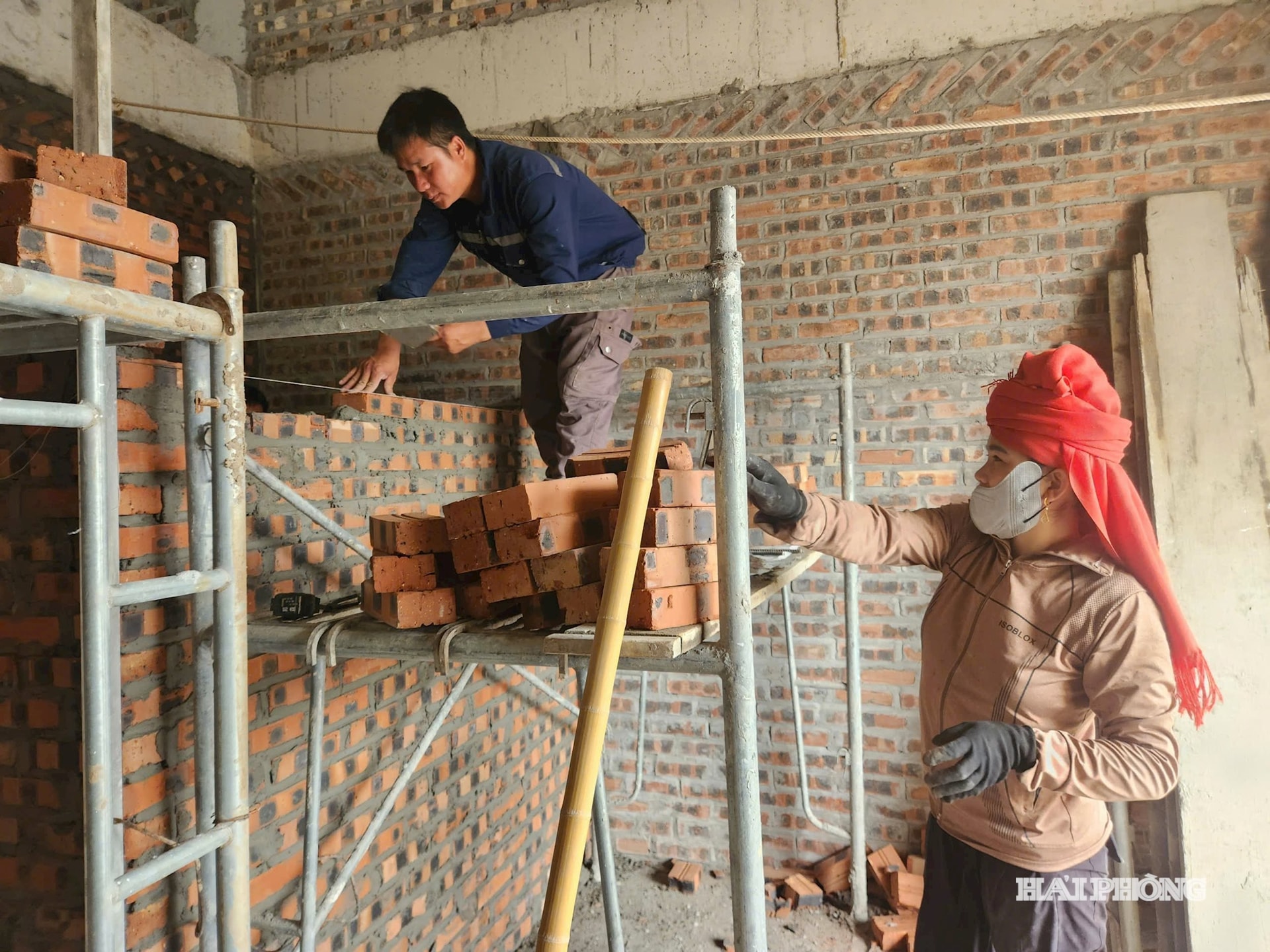
In the past, few women accepted to leave their villages and children to go to the city to work, but now that trend is increasing. They go to big cities to find a way to make a living. Many mountain girls consider the Port City as their second home. They get married, have children and settle down in the Port City.
Get help
For the past two years, Ms. Lo Thi Ly from Muong Men commune (Tuyen Quang province) no longer has to rush to get her car back to her rented room after work like she did in Sai Dong industrial park (Hanoi). Now, the company dormitory is located right next to the factory, so she only needs to walk a few minutes to get there. “The company dormitory is for workers who are far from home, especially women from the mountains who come down to work. The company builds clean and tidy rooms. In the evening, we can read books, play sports, and participate in cultural exchanges, so we feel more relaxed than before,” Ms. Ly said.
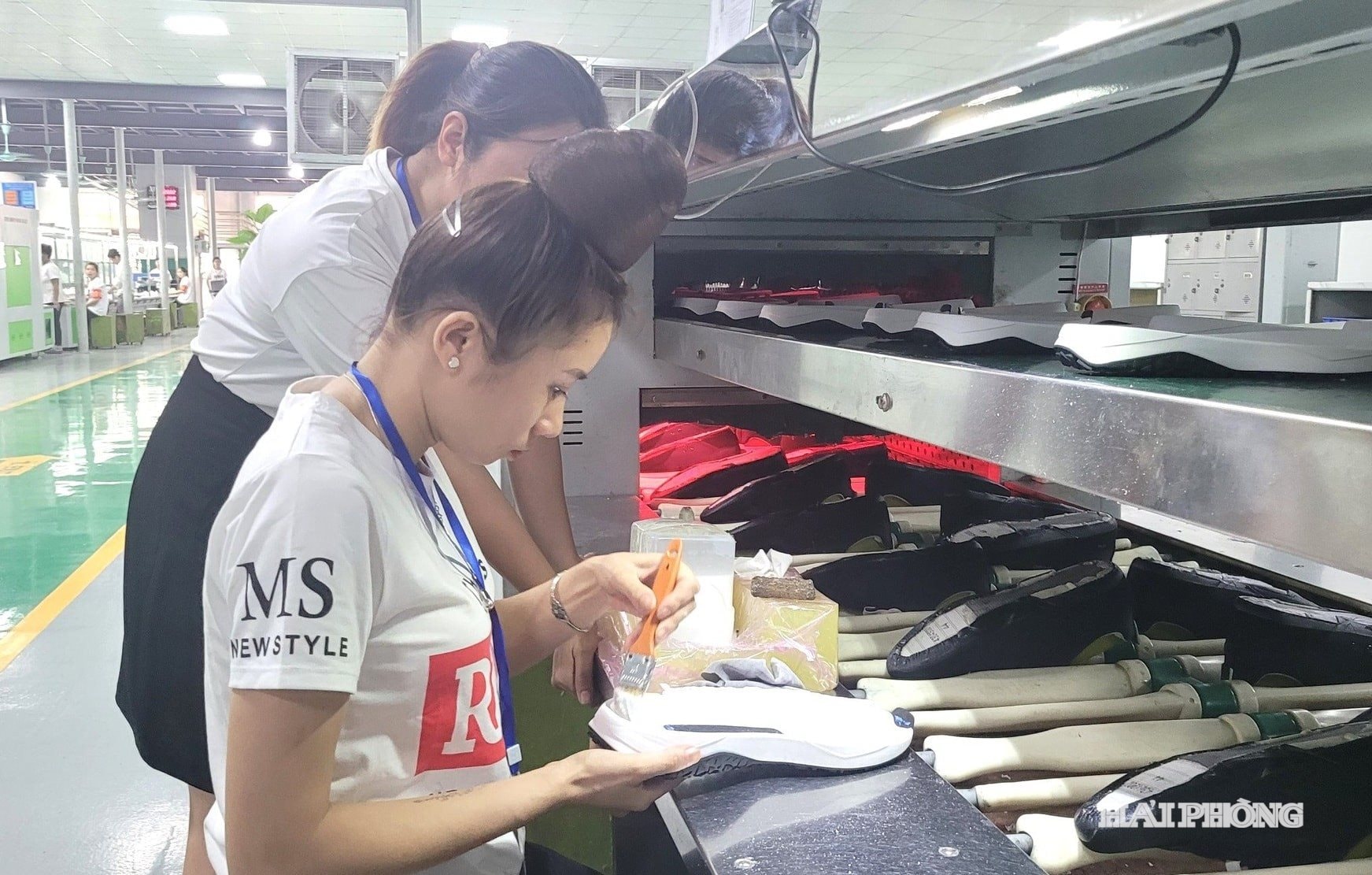
Ms. Ly is one of many female ethnic minority workers working at Brother Vietnam Industrial Co., Ltd. (Phuc Dien Industrial Park) who are arranged accommodation in the dormitory. This project has been in operation since 2011, currently providing more than 2,000 beds, of which ethnic minority workers account for about 60%.
When receiving workers from other provinces, especially ethnic minority women, many businesses in the city have their own support policies on living, spiritual life and vocational training. Some companies also organize cultural activities with regional nuances, creating an environment of integration and equal development. In residential areas, people also create conditions for female workers from other provinces to integrate. Ms. Pham Thi Thanh, a landlord near VSIP Industrial Park (Thuy Nguyen ward) said: "When ethnic minority women come here to work, we create conditions for them to have a stable place to eat and live. I guide them how to go to the market and cook familiar dishes of the people of Hai Phong."
Hai Phong City also has many preferential policies for workers, especially workers from other provinces, such as: Supporting migrant women with children under 36 months old to send them to private independent childcare centers, supporting training funds for some key vocational groups serving socio-economic development. The city is one of the few localities in the country implementing Project 404 "Support and development of private independent childcare centers in industrial parks and export processing zones" approved by the Government since 2014 and implemented until 2020. After this Project ends (phase 1), the City People's Committee directs and allocates resources for relevant units to continue implementing phase 2.
Chairwoman of the City Women's Union Pham Thi Thu Hien said: "The group of immigrant women from mountainous areas really needs support with information, skills to protect themselves, access health services, and avoid labor exploitation. We are directing the organization in the localities to pay attention to organizing propaganda sessions on labor safety, prevention of domestic violence and reproductive health for women, especially women from mountainous provinces coming to the city to work."
Mountain women leaving their villages for the city not only bring with them the hardships of making a living but also the determination and perseverance of the mountains and forests. Amidst the hustle and bustle of life in the port city, they quietly contribute to the construction works, restaurants, and industrial zones that are expanding day by day. The attention of the government, businesses, and the community is helping them gain a foothold to stabilize their lives and nurture their dreams for the future.
HAI MINHSource: https://baohaiphong.vn/phu-nu-mien-nui-muu-sinh-noi-dat-cang-527751.html




![[Photo] Prime Minister Pham Minh Chinh chairs the 15th meeting of the Central Emulation and Reward Council](/_next/image?url=https%3A%2F%2Fvphoto.vietnam.vn%2Fthumb%2F1200x675%2Fvietnam%2Fresource%2FIMAGE%2F2025%2F11%2F27%2F1764245150205_dsc-1922-jpg.webp&w=3840&q=75)
![[Photo] President Luong Cuong attends the 50th Anniversary of Laos National Day](/_next/image?url=https%3A%2F%2Fvphoto.vietnam.vn%2Fthumb%2F1200x675%2Fvietnam%2Fresource%2FIMAGE%2F2025%2F11%2F27%2F1764225638930_ndo_br_1-jpg.webp&w=3840&q=75)


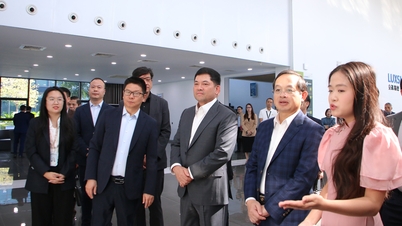

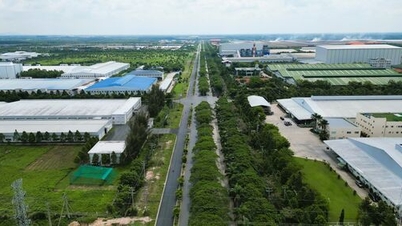

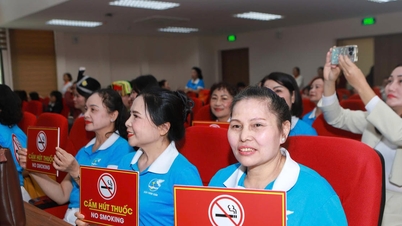

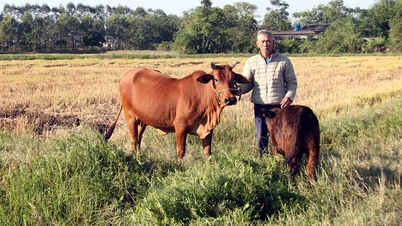


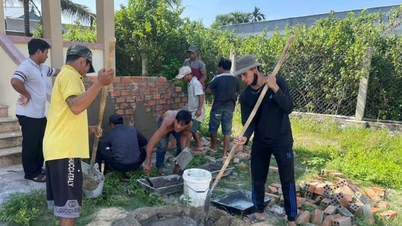

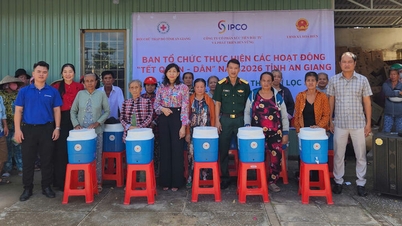

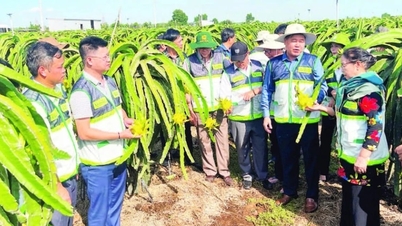



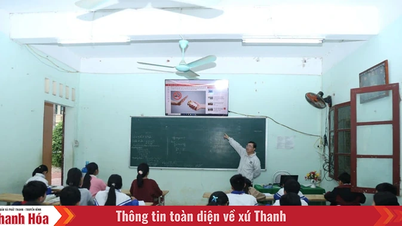







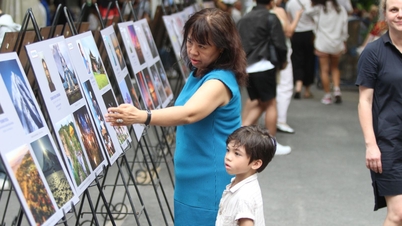
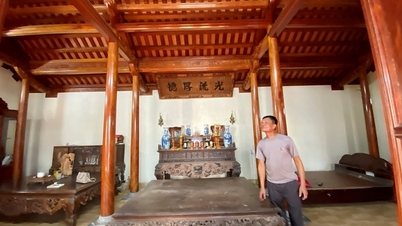
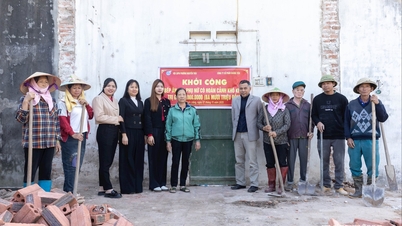


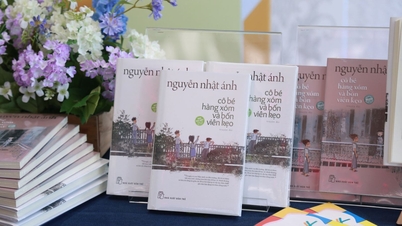


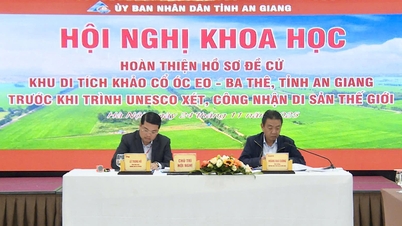


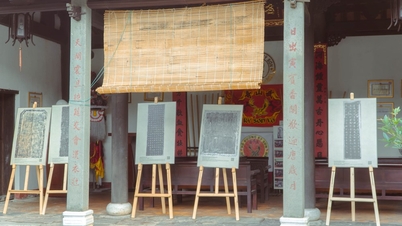
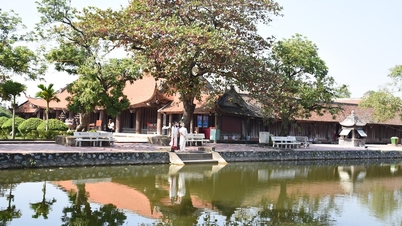





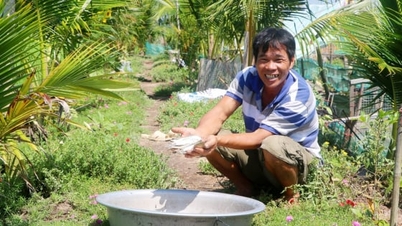

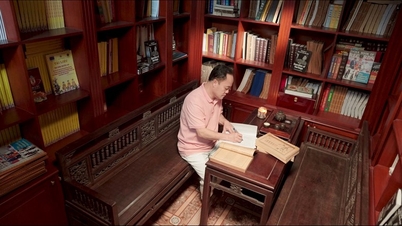




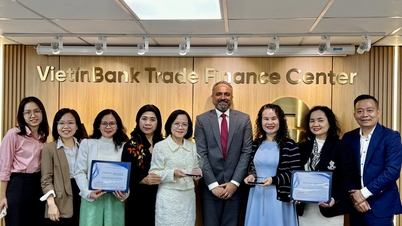


















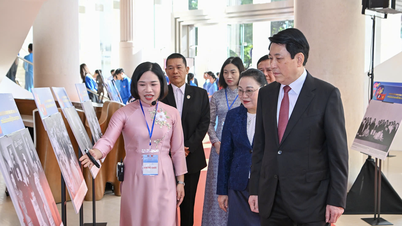
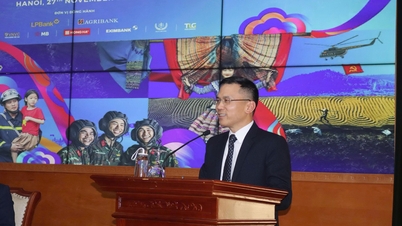
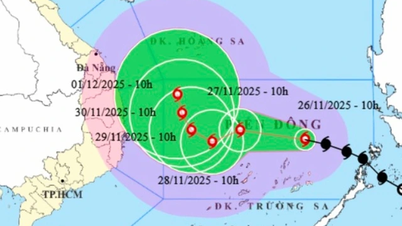
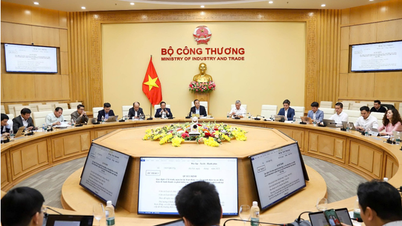

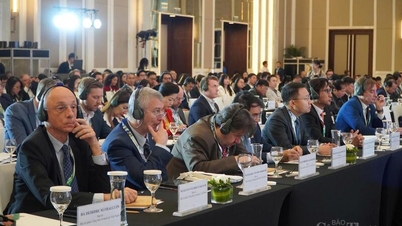








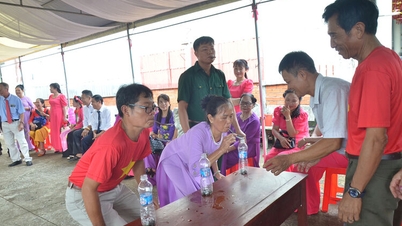
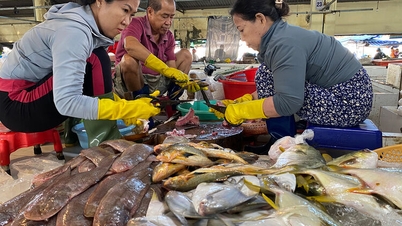
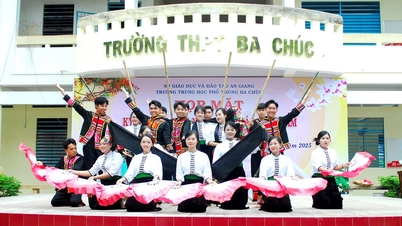












Comment (0)